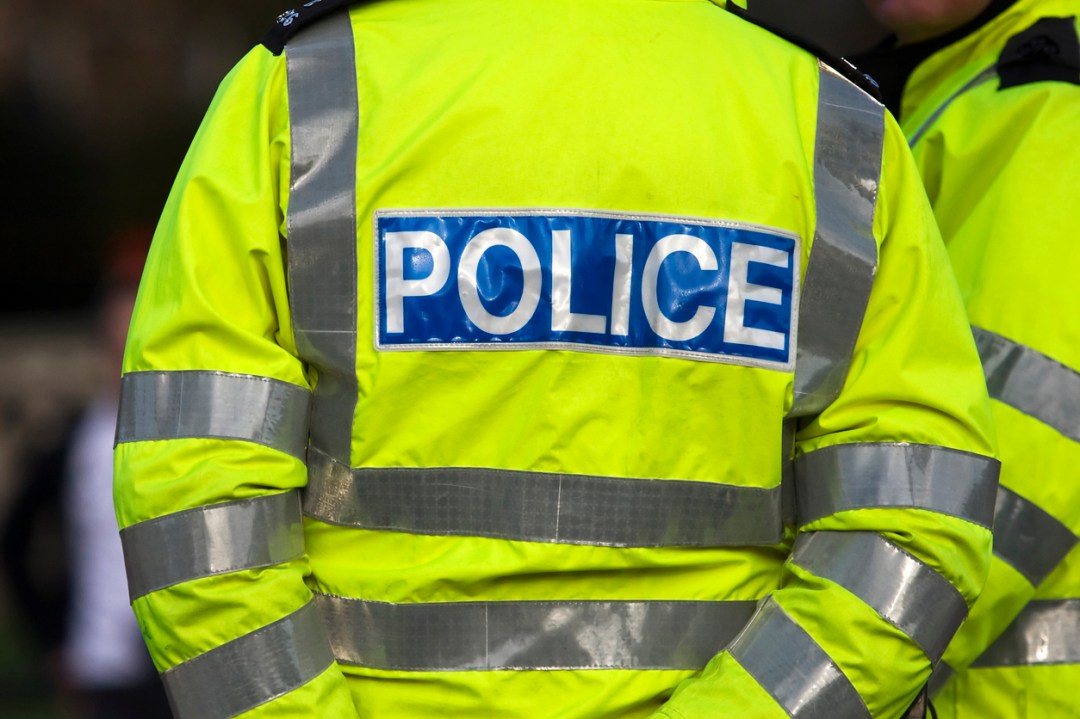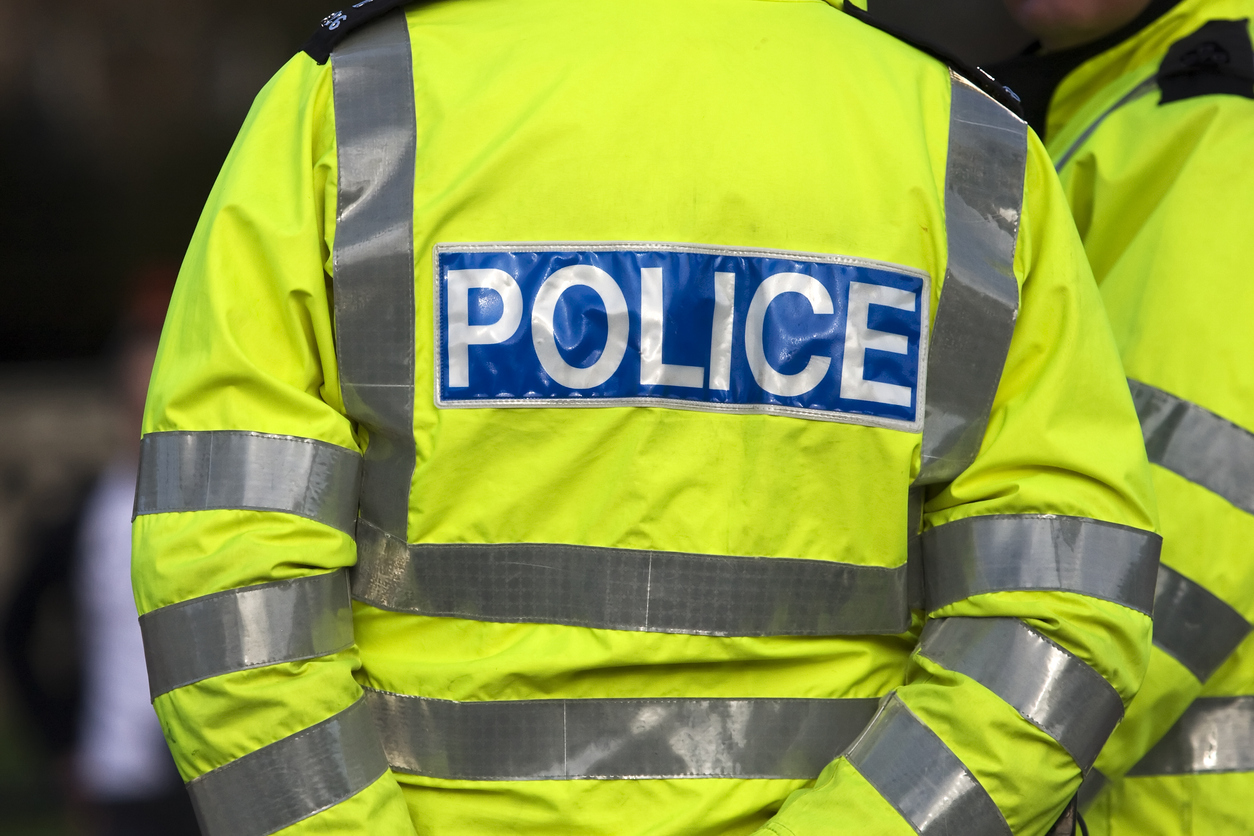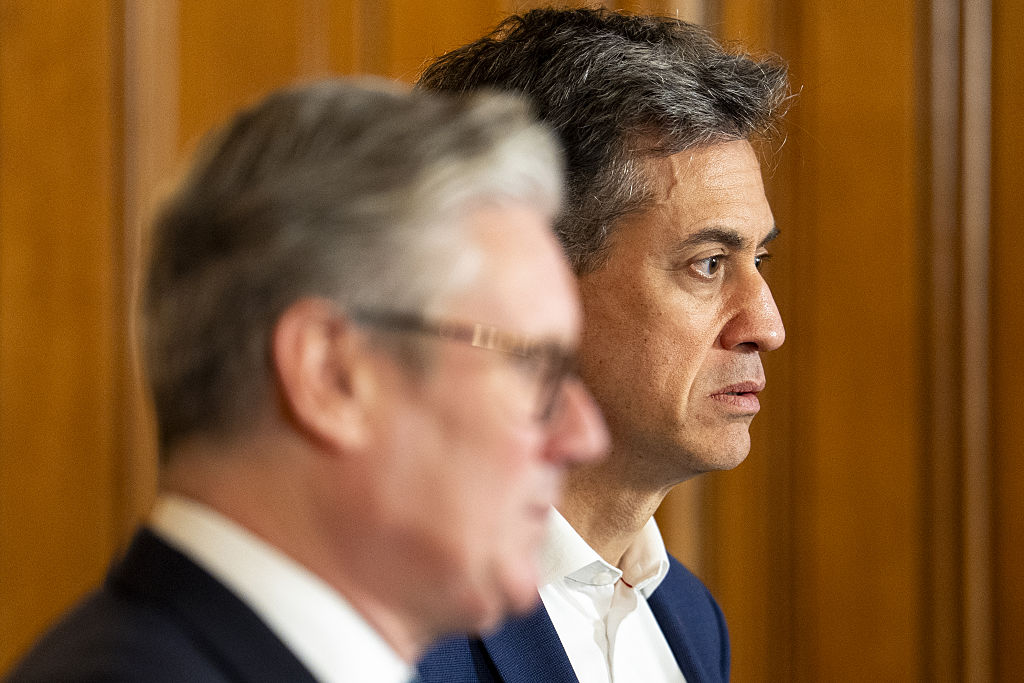Earlier this year, I wrote here about the arsonist who’d left our neighbourhood looking post-apocalyptic. In the months that followed, the pyromaniac grew ever more reckless. Initially, he’d stuck to torching vehicles on the road, which was bad enough. But then he took it a step further. He set fire to a car on a driveway, which in turn set the house alight. The young family, who were asleep upstairs, escaped with their lives, but their home was destroyed. A collection was started, and we dropped in some cash. The organiser said that in 20 years in the area, he’d never seen things as bad as they were now. He’d installed CCTV after burglars had smashed their way through the bifold doors – now it might come in handy for identifying the pyro.
Up and down the road, sleep-deprived people were installing security devices. The Neighbourhood Watch WhatsApp group went into overdrive as residents shared information. Several members said that they had small bags packed, ready to leave in a hurry, should they be next. My wife and I drilled our teenage children on the best escape routes in case of fire. It was an extraordinary situation. It seemed like we might have to wait until someone died before the police roused themselves from their torpor. Perhaps they were too busy busting people for making fruity comments online.
We wondered about 24/7 police surveillance and CCTV on the streets – surely it was a no-brainer. The arsonist was targeting specific areas. Catching him should have been easy. But a round-the-clock stakeout wasn’t on the cards, and security cameras were apparently the council’s responsibility. Besides, they said, your lampposts are the wrong shape! The group chat was expletive-laden after that.
There were whispers of vigilantism. Not the getting tooled up and taking the law into your own hands sort, but middle-aged people with head torches patrolling the streets at night. And because the police ‘drive-bys’ and plain-clothes operations were completely ineffectual, roadblocks were suggested. Neighbours who’d lived here for decades were talking about leaving, so we decided to get our house valued – while we still had one to sell. Everyone was on edge as we waited for the next attack. We even took to checking under our cars at night as if we were Royal Ulster Constabulary officers during the Troubles. The pyro became so assured of his untouchability that he set fire to a vehicle that was parked in the same spot – on freshly laid tarmac – as one he’d torched months earlier. ‘He’s taking the piss now!’ was the consensus.
Every day, you read about people who feel abandoned by the authorities – about town centres that have become no-go zones, and feral youths on the rampage. You hear about seaside resorts overrun by alcoholics and drug addicts, and shoplifters operating with near-total impunity. Of course, lurid headlines sell newspapers, but having seen all these things at first hand, I’ve no doubt the stories have an element of truth. And the one thing they all have in common is that the police seemed to be missing in action.
I’m sure there are some good coppers, and that they’re overworked and underpaid, but the only time you seem to hear about them these days is either when a Met officer is charged with something heinous, or if they’re tasering OAPs or giving people verbal warnings for non-crime hate incidents. What we’d actually like them to be doing is solving crime. Or, preferably, preventing it.
I don’t want a return to the days of the Special Patrol Group lifting people off the street and beating them senseless. I just need to know that the police are there if I need them. The reassuring presence of a friendly bobby on the beat would be nice. It wouldn’t quite be Dixon of Dock Green, as they’d probably be wearing a bodycam and stab-proof vest, but at least they’d be there, doing what the police exist for: policing. However, increasingly, you hear more about ‘private policing’: security firms and volunteer patrols who guard homes or take to the streets to tackle crime, filling the vacuum left by the actual constabulary.
It seemed like we might have to wait until someone died before the police roused themselves from their torpor. Perhaps they were too busy busting people for making fruity comments online
While headline funding has increased, rising costs and budget shortfalls mean forces are still cutting staff. And although official figures show an overall decrease in ‘police-recorded’ crime for the year ending in March, more than 280,000 crimes went unrecorded in 2024, and a substantial number of offences go unreported by the public, making it hard to say whether crime is really falling.
Perception is everything, though, and right now, many of us believe crime is rising while the police are nowhere to be seen. So, it’s perhaps no wonder that security firms and volunteers are stepping in to fill the void. Maybe pensioners could be pressganged into service next. They’ve got plenty of time on their hands, after all. They could be sent out equipped with walkie-talkies, notepads and flasks of coffee, and wearing hi-vis jackets – the thin grey line: ‘Brian, it’s Ken. Do you read me? I’ve just seen a suspicious-looking character trying the side gate at number 47. Over.’ Seriously, though, the police need to get back to brass tacks, protecting the public, preventing crime and maintaining law and order, rather than wasting time enforcing political dogma.
As tempers frayed here and people made it clear they’d well and truly had enough, the police finally galvanised themselves. They arrested an 18-year-old male after footage was obtained of him on the high street in the early hours. Frustratingly, he was released on police bail, subject to a curfew and an exclusion zone. I wasn’t convinced these restrictions would deter someone with a compulsion to set fires, but fortunately, things have been quiet on that front recently.
The usual crims are still around, but they’re almost taken for granted now. I saw the local drug dealers the other day, masked, riding illegal electric motorbikes. They beeped and gestured at a passing patrol car, but the officers inside seemed unfazed by the provocation and continued driving in the opposite direction.
The police are arguably a necessary evil. Whether you take a Hobbesian or Rousseauian view on the role of the state, it seems clear, from what we can see today, that without law enforcement things unravel pretty quickly. I don’t want to spend my retirement prowling around in the wee small hours on the lookout for criminals like some geriatric PCSO. Nor do I expect to go to bed at night wondering whether I’ll still have a car when I wake up. Put simply, the police need to reclaim the streets, with the public’s support, so we don’t have to do it ourselves.
Things have quietened down considerably on the Neighbourhood Watch WhatsApp group. Most of the talk these days seems to be about missing pets and the parakeets that have taken up residence in the park. In other words, reassuringly dull and suburban. Let’s hope it stays that way.








Comments